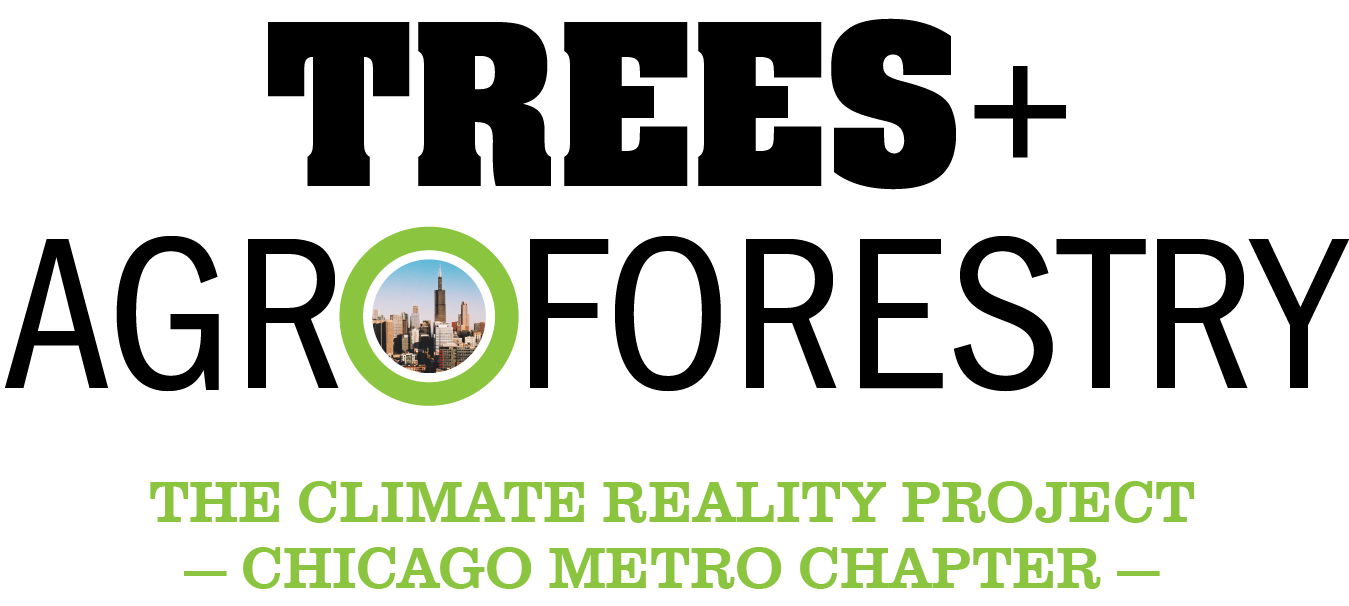
KEY ACTIVITIES
RA Team Goals:
Promote Tree policies at the state and federal levels:
- Reach out to State and Federal
- Representatives to stress the importance of Trees/Agroforestry
- Draft/support proposals that incentivize (through grants and subsidies) forestation, urban and rural, preservation and deforestation, and agroforestry.
OBJECTIVE
To advocate and facilitate forestation and the protection of old-growth trees through efforts to pass legislation, influence the Farm Bill, and ensure funds earmarked for forestry efforts are appropriately used in a timely manner.
TEAM LEADS
Karen Daiter
» Email Karen
Patty Iverson
» Email Patty
Please note, interested attendees of our RA meetings will be invited to join our chapter.
MEETINGS
Monthly on 1st Wednesdays, 6:30–7:30pm
(Check our calendar for more details.)
MISSION / VISION
MISSION:
To advocate for the planting and protection of trees and forests in urban and rural areas,on public and private land, and to encourage Agroforestry practices all of which increase and protect biodiversity, improve soil health, and combat climate change effects.
VISION:
To restore soil health as nature intended and increase the potential of carbon sink in our atmosphere, while increasing biodiversity through viable habitats for all species.
^ Chapter members only
(If you’re a chapter member and still need access, click through to request to be added.)
UPCOMING ACTIVITIES + ACTIONS
Save Your Ash, North River Commission, North River Commission
“Ash trees make up at least 15% of Chicago’s street trees, but they are under constant threat from a deadly pest, the Emerald Ash Borer (EAB), an exotic beetle from Asia responsible for killing over 30 million trees in the northeastern United States and Canada. Beetles larvae kill branches and within a few years, entire trees.
There is an affordable and effective treatment that protects healthy Ash trees for up to three years. The treatment is an inoculation, preventing infestation. Until 2019, the City of Chicago treated all Ash trees in the public parkways against EAB, but is now focused solely on removing dead and infected Ash.
Individual residents and community groups can work with approved arborist vendors to access EAB treatment for trees in the public parkway and private property.”
-North River Commision
Voters Oppose Cutting Down Thousands of Trees in Jackson Park and South Sore for Obama Center, Golf Project
Construction of the Obama Center in Jackson Park involved the removal of more than 300 trees on site and in the future, more than 350 throughout the park for traffic flow, according to documents from the Chicago Department of Transportation.
Tiger Woods’ company, TGR Design, has also proposed the restoration of the two parks’ golf courses by combining them into one 18-hole PGA-worthy course. According to documents of the design, this development could involve removal of 2,100 trees from the parks.”
Action Item Through Openlands: Contact your elected officials to demand protection of these mature trees.
West Lakeview Residents Fight to Save Trees
Ben Bradley, Andrew Schroedter, Kevin Doellman, WGN, December 14, 2021.
The replacement of old underground water mains in West Lakeview is set to begin early next year. And while residents acknowledge the upgrades are needed, some worry it could come at a price.
In other neighborhoods, where the same pipe replacement work was done, the city needed to cut down fully grown trees, leaving once leafy blocks bare.
Farmers Markets
2023 Farm Bill
Our planet is experiencing unprecedented natural disasters and long-term environmental degradation that threaten life as we know it. These worsening problems include extreme drought; intense storms and flooding; heat waves and wildfires; loss of biodiversity and natural habitat; soil erosion and depletion of organic nutrients; dwindling aquifers at emergency levels; toxic pollution of waterways due to agrochemicals and concentrated animal feeding operations.
American farmers are struggling with declining profitability, the environmental challenges just outlined, and counterproductive policies that make it difficult to initiate critical changes that will help them provide healthy food for the nation, maintain resilient and profitable farms, and restore the soil as a natural ally in fighting increasing extreme weather events and protecting our natural resources.
The 2023 Farm Bill offers an opportunity to increase farmers’ capacity to restore water quality, improve public and environmental health, produce more nutritious food with greater profitability, and mitigate the effects of climate change by absorbing and storing carbon in the ground and in trees and plants where it can enrich the soil.
We offer these proposals for incorporation into the 2023 arm Bill in support of nature-based solutions to improve productivity and profits for farmers while also increasing carbon sequestration. Nature-based solutions are the best and most cost-effective approach to removing excess carbon from the atmosphere and storing it long-term to prevent a catastrophic warming of the planet.
RESOURCES
Farming with Trees: Reforming U.S. Farm Policy to Expand Agroforestry and Mitigate Climate Change
Lingxi Chenyang, Andrew Currie, Hanna Darrin, and Nathan Rosenberg. Ecology Law Quarterly, Volume 48 (2021) – Issue 1.
Temperate Agroforesty Systems and Insect Pollinators: A Review
Gary Bentrup, Jennifer Hopwood, Nancy Lee Adamson, and Mace Vaughan. Forests 2019; 10(11):981.
CASE STUDIES IN FORESTRY/AGROFORESTRY
Silvopasture Case Studies
Sustainable Farming Association, Minnesota. 2021

